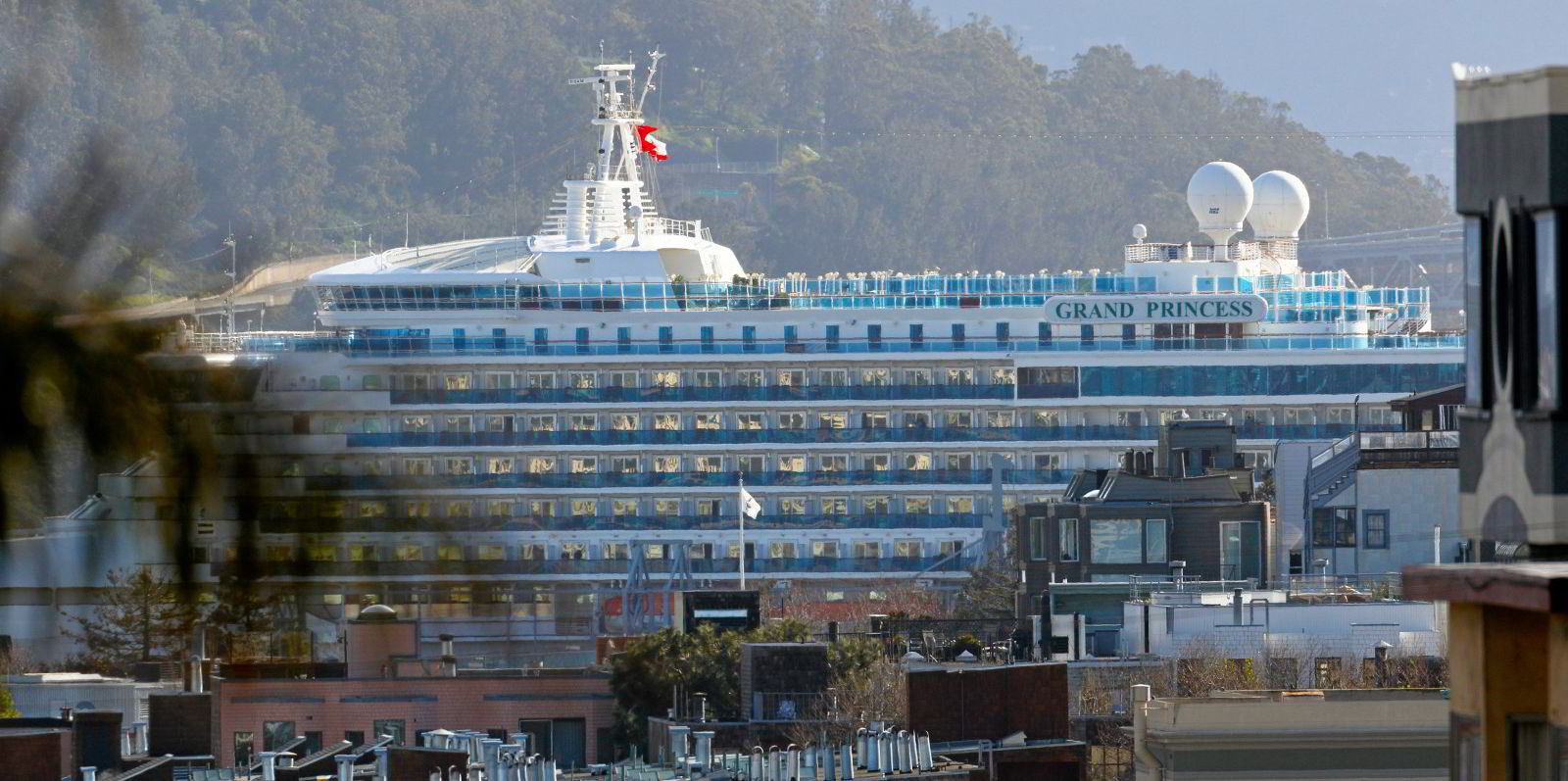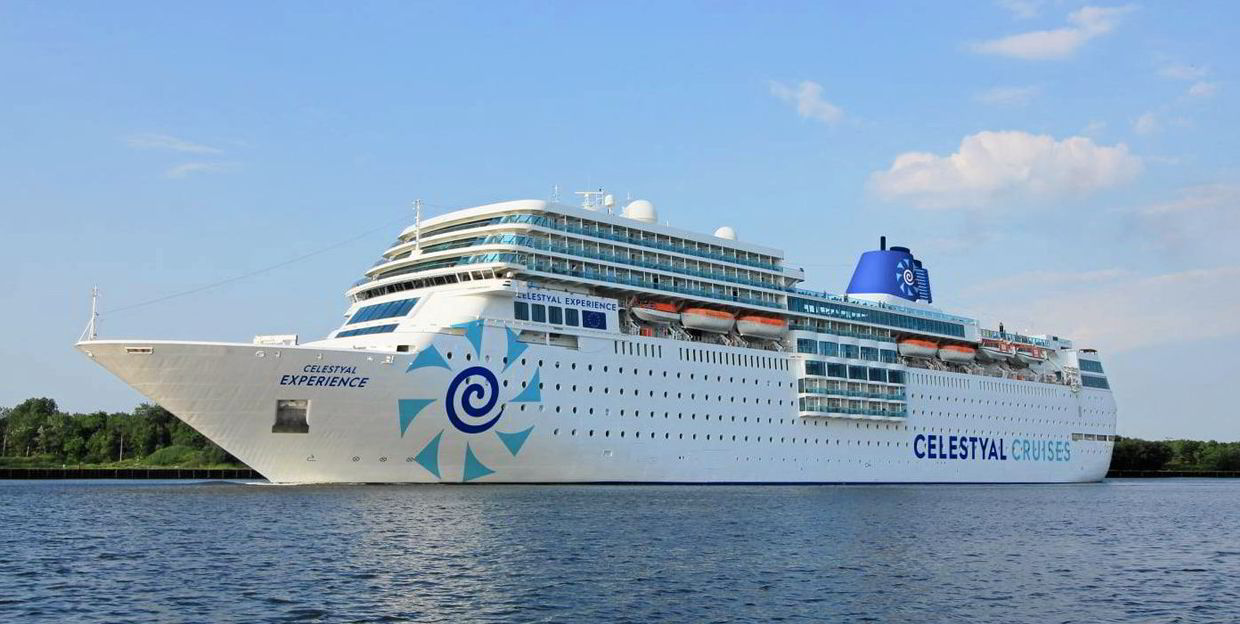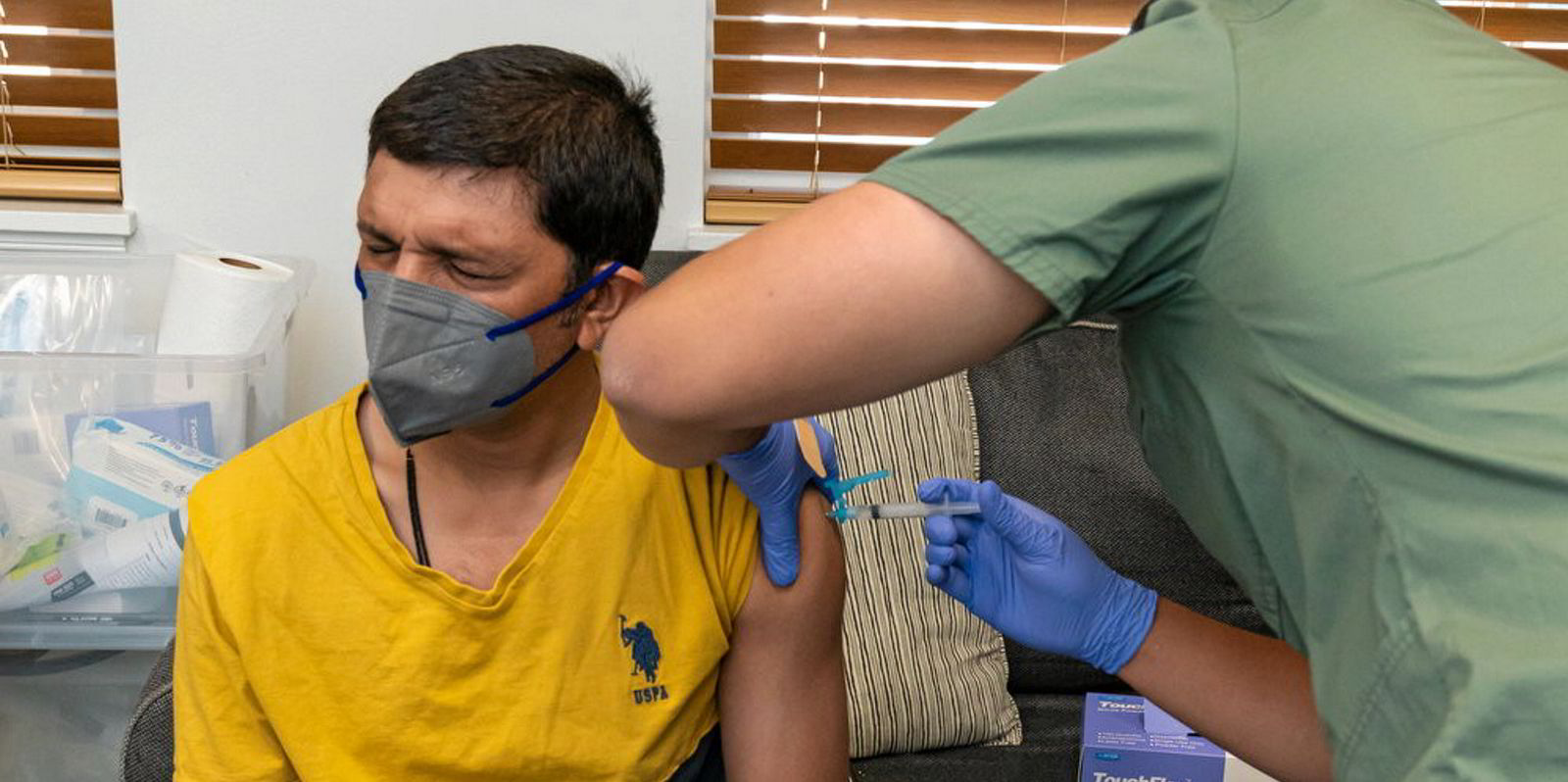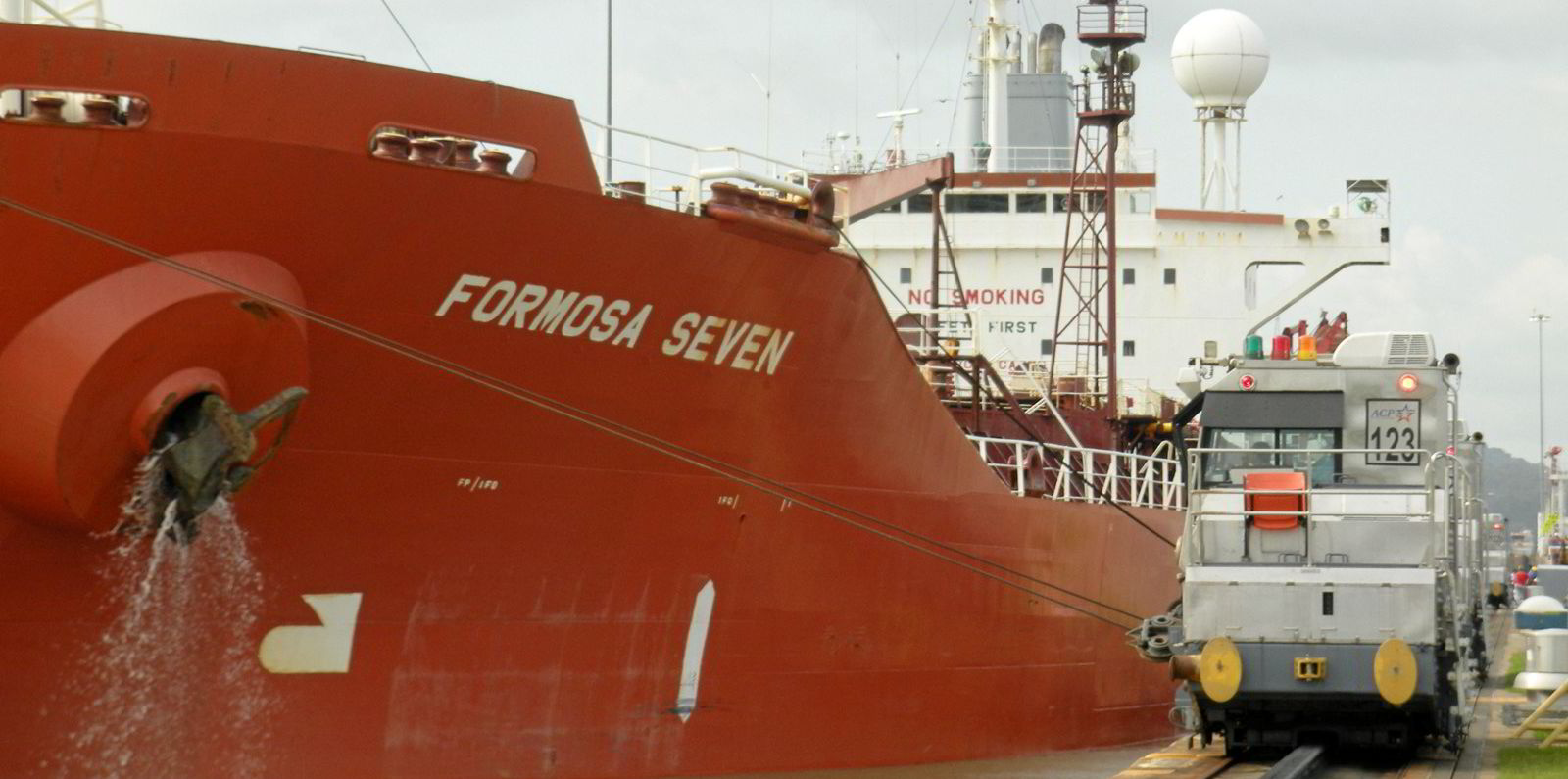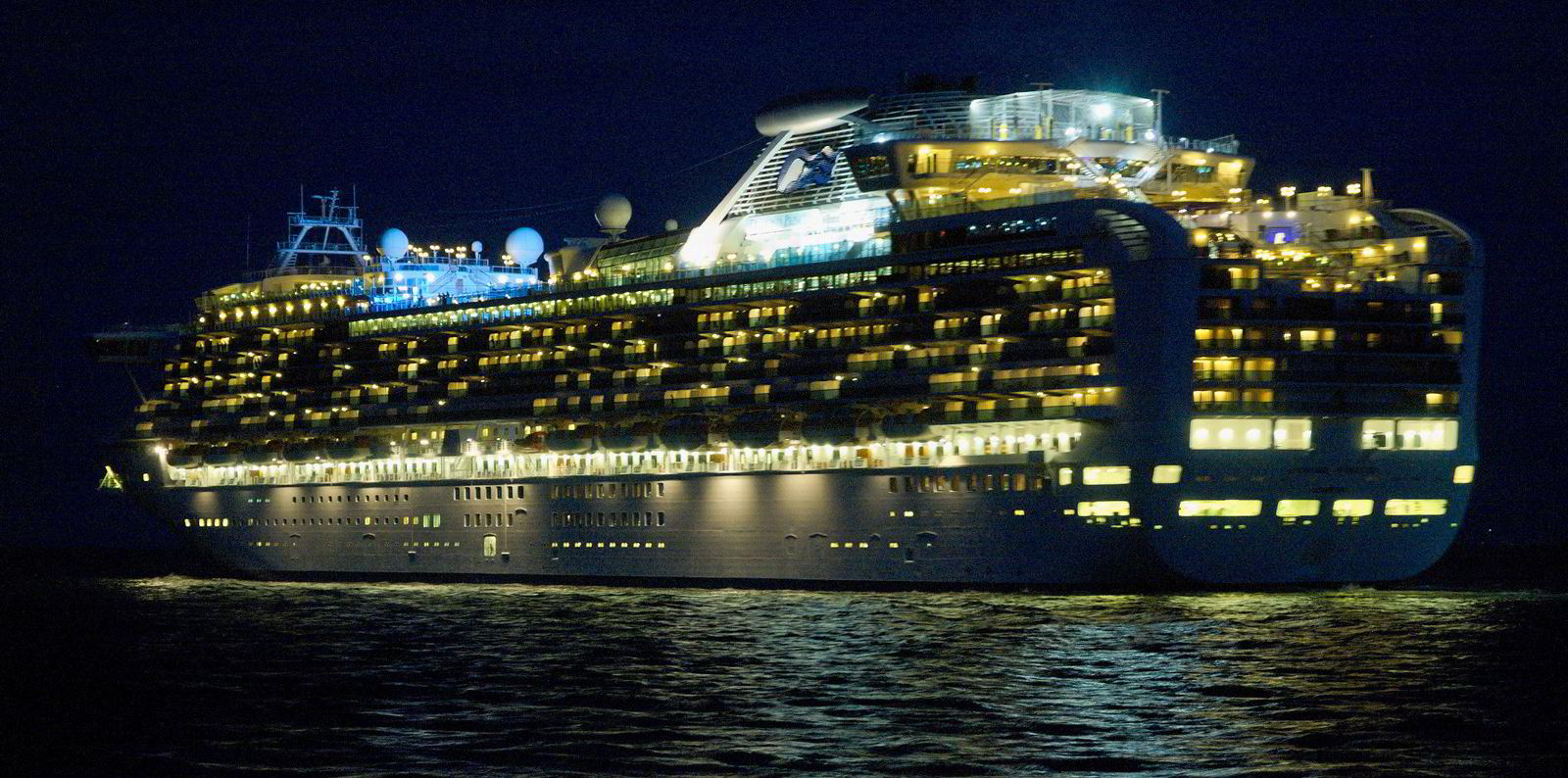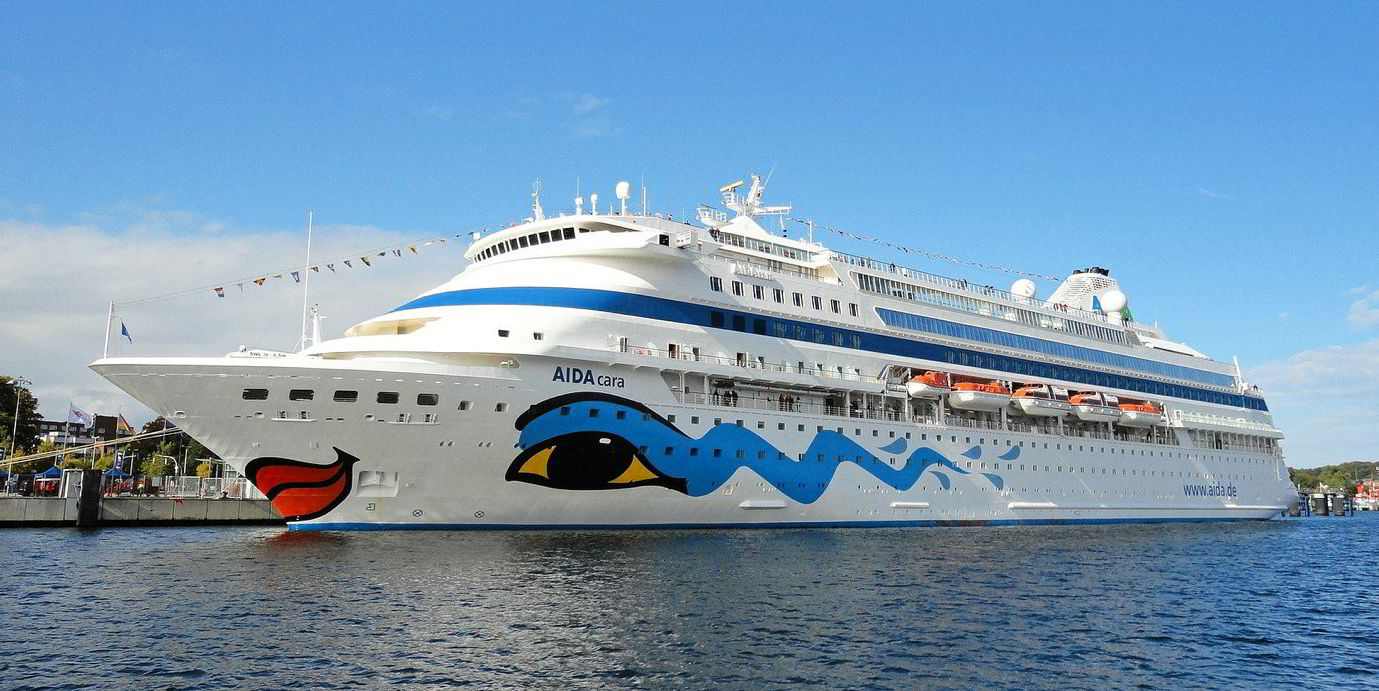Carnival Corp and Princess Cruises are facing another legal broadside as the sprawling fight over Covid-19 exposure on two ill-fated voyages on one of their cruiseships drags on.
Twenty-three passengers aboard the 107,500-gt Grand Princess (built 1998) for a 11 February 2020 sailing to Mexico filed an amended complaint seeking to hold Carnival and its Princess Cruises brand responsible for Covid-19 exposure — at least the 40th lawsuit involving the ship.
A handful have been thrown out or settled, while some are set for trial and others are still in pleadings.
"The full extent of the longevity of the virus' effects on the human body also remain unclear and — because of the virus' novelty — largely unstudied," the 23 August complaint filed in the US federal court for the Central District of California read.
"Together, the multiple presentations of the virus, range of severity of symptoms — from asymptomatic to severe — the unavailability and inaccuracy of testing, along with the limited research about Covid-19 make it plausible that a person directly exposed to the virus, particularly for prolonged periods of time ... will suffer long-lasting, and potentially life-altering or fatal health effects."
The attempted class action complaint argues all plaintiffs fit the criteria of a "probable case" as defined by the US Centers for Disease Control and Prevention (CDC) on 5 April 2020.
It also argues, like many of the lawsuits stemming from the Grand Princess' two February 2020 itineraries, that the company should have known an outbreak was possible given the high-profile outbreak on the 115,900-gt Diamond Princess (built 2004) in Japan.
There, more than 700 passengers and crew members were infected with Covid-19 and seven died.
Carnival did not immediately return a request for comment.
Where Carnival won
In other lawsuits related to the Grand Princess, Princess Cruises had prevailed by arguing that potential exposure without symptoms was not enough to constitute a claim.
In the 11 remaining open cases, plaintiffs allege they either developed Covid-19 symptoms aboard the Grand Princess or shortly thereafter or had a relative die from Covid-19 contracted on board.
In one of the three death lawsuits stemming from the 21 February voyage to Hawaii, Princess Cruises argued that Susan Dorety, who lost her husband Michael to the respiratory illness, was relying on hindsight.
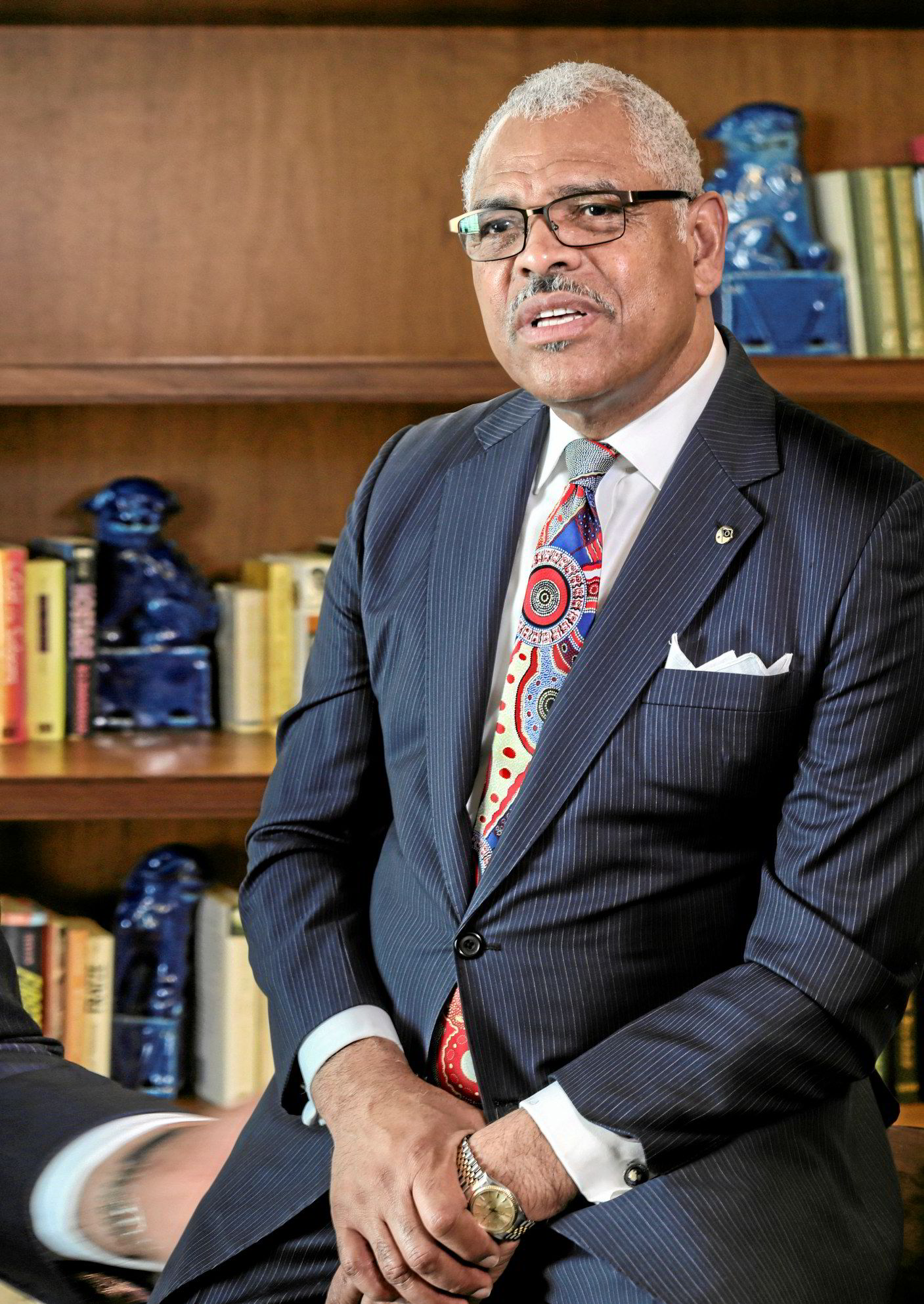
Dorety had only named Princess Cruises as a defendant, not Carnival.
"[Dorety's] case reduces to the theory that Princess should have known in February 2020 that CDC and other public health authorities were wrong about Covid-19, from how it could be detected and contained to whether it was already widely present and spreading" in the US, the cruise line's motion for summary judgement said.
It argued it had exceeded guidance from the CDC in some cases, including checking passports to make sure no international passengers had gone to China recently and making both passengers and crew fill out health screenings.
At least six other lawsuits have been referred to a private mediator ahead of trial. Two have settled.
In the Central District of California civil lawsuits are required to go to mediation before a trial can begin.
The first trial date is set for 28 March 2022 and involves 22 passengers aboard the Grand Princess' 21 February 2020 sailing to Mexico.
They also rely on the CDC's probable case definition and are represented by the same set of attorneys from four law firms — Mary Alexander & Associates, Nelson & Fraenkel, Lieff Cabraser Heimann & Bernstein, and Sauder Schelkopf — as the passengers from the 11 February voyage.
The voyages in question
The Grand Princess' first controversial voyage left San Francisco for Mexico on 11 February.
Court papers allege 62 passengers from that voyage were on the 21 February sailing from San Francisco to Hawaii and that two people from the Mexico trip tested positive for Covid-19.
All but one of the lawsuits come from the second itinerary, which was cut short after those two former passengers died.
The ship was held in San Francisco bay for several days, before being allowed to dock in Oakland and passengers were allowed to disembark over several days before being sent into quarantine.
